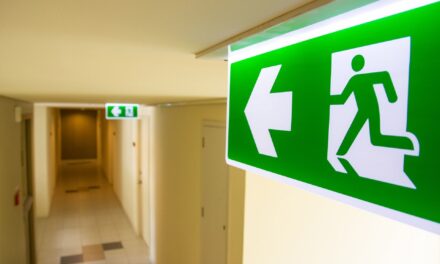Fire is considered a significant risk in any business activity but through the Regulatory Reform (Fire Safety) Order 2005/Fire Safety (Scotland) Act 2005/Fire Safety Regulations (Northern Ireland) 2010, employers have a specific duty to carry out an assessment of the risk of fire as well as the arrangements to deal with emergency situations. Over the past 7 years, these checks have been dropping at a staggering rate.
HM Inspectorate of Constabulary, Fire and Rescue Services have discovered that fire safety checks across England have fallen by 42% over the last seven years. Firefighters are supposed to look for hazards such as blocked fire exits or faulty doors and give notice to building owners of improvements which are needed. The watchdog said the number of audits carried out by firefighters dropped from 84,575 in 2010-11 to 49,423 in 2017-18.
So why are these essential checks not being carried out on a yearly basis? Examples such as The Ivy in Manchester catching alight, forest fires across the UK in Summer 2018 and Grenfell have demonstrated the necessity and utmost importance of fire safety precautions.
David Whitaker, ELAS Health & Safety Consultant, discusses why these essential safety checks are becoming less frequent: “Fire has caused many fatalities over the years, hence the legislation requirements for ‘responsible persons’ to manage fire risk in premises.
“The Fire and Rescue Services can enforce the fire regulations on businesses but unfortunately they cannot visit all premises across the UK to do this. The onus therefore is on the company’s Responsible Person to ensure the safety of all persons who may be ‘resident’ in premises of their responsibility.
“Audits of fire systems and processes within premises are dropping due to a combination of reasons including ignorance of the law and its requirements; the Fire and Rescue Services being unable to enforce all relevant premises within the UK; businesses stating they do not have time and/or people to carry out audits and even budgetary constraints to put suitable processes (and people) in place etc.”
Due to the complexity of fire risk assessments they need to be carried out by competent persons. Those with relevant qualifications, experience, skills and knowledge etc. This is where businesses like ELAS come in, with having competent and qualified Fire Risk Assessors/Consultants to help ensure companies stay compliant when it comes to their fire safety.


